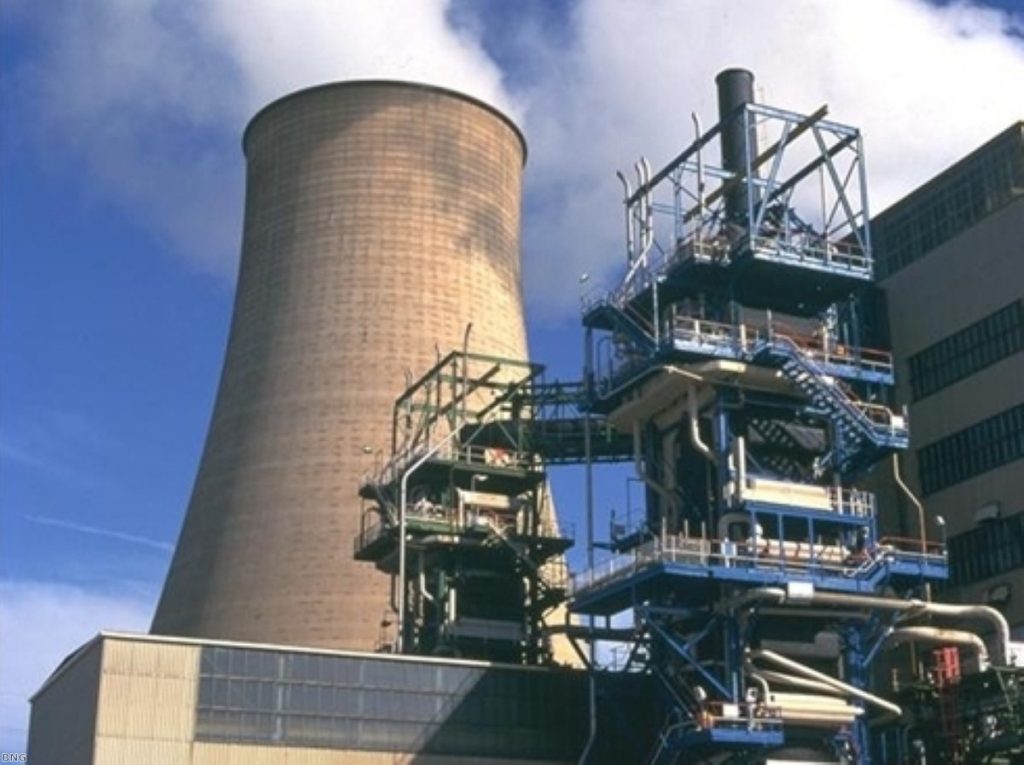Lib Dem hopes for ‘win-win’ nuclear solution
Denying public subsidies to the nuclear industry could leave the Liberal Democrats in a “win-win situation” on nuclear power, the party’s former environment spokesman has suggested.
Cheltenham MP Martin Horwood suggested his party’s decision to abstain on a nuclear vote in the Commons, allowing the Conservatives’ support for new power stations to go ahead without undermining the coalition government’s unity, could prove academic.
“If you look at the economics of nuclear power and the commitment the coalition has made not to subsidise it, and then you reflect on the fact not a single nuclear power station has been built anywhere in the world without public subsidy, maybe, just maybe the issue won’t arise,” he said.


“I just hope we will hold rigorously to that line about ruling out any public subsidies to nuclear power. That might leave us in a win-win situation.”
Mr Horwood suggested it was “not that bitter a pill to swallow” because a clear majority of the Commons – both Labour and the Conservatives – backed nuclear power.
Under the terms of the coalition agreement the Lib Dems will abstain when the government brings forward a national planning statement outlining plans for a new nuclear power station.
EDF Energy’s planned construction at Hinkley Point, near Sizewell in Suffolk, could be the first new station. The construction process takes roughly five years and, with the firm likely to get energy online by the end of 2017, this means the NPS would have to be voted on by parliament in the next two years.
Mr Horwood’s hope that new nuclear builds would require public subsidy – which both the previous and current governments have made clear they are opposed to – has been questioned by the Nuclear Industry Association (NIA).
“New nuclear build will be entirely privately funded,” a spokesman told politics.co.uk. Two further planned stations, at Wylfa on Anglesey and at Oldbury in Gloucestershire, are expected to be developed.
The NIA believes one new power station can be constructed every 18 to 24 months.
Green groups argue the need for indirect public subsidies blurs the line as to what does and what does not represent government assistance, however.
The nuclear industry does not pay for insurance, for example, meaning the taxpayer would have to foot the bill in the event of a major disaster.
And under a recent consultation document EDF would only have to pay around a fifth of the eventual cost for dealing with waste, leaving the government and the taxpayer facing the liability after the power station shuts down.
“It artificially incentivises new nuclear and transfers the risk of cost escalations,” Greenpeace nuclear campaigner Ben Aylifse said.
“There is a huge risk the costs could go astronomical.”
The Lib Dems’ opposition to nuclear power is one of three areas where an abstention has been built into the coalition agreement. Higher education funding and the married couples’ tax allowance are the others.
The party has not yet decided how it will go about seeking to differentiate itself from the Tories in policy areas where it does not have ministers in the government.
One option is to copy the Tories’ practice, when they were previously in government, of having backbench committees on particular subjects.
“What we have to do is find the way in which we can support the project that is the coalition… while retaining our own independent voice and values as a party,” Mr Horwood added.
Nuclear power could become an issue for dissent if the anti-nuclear majority within the party is persuaded by campaigners like Mr Aylifse that the coalition agreement is being broken.
It states clearly that the Tories are “committed to allowing the replacement of existing nuclear power stations… provided they receive no public subsidy”.












